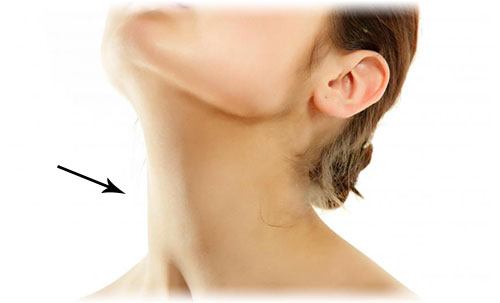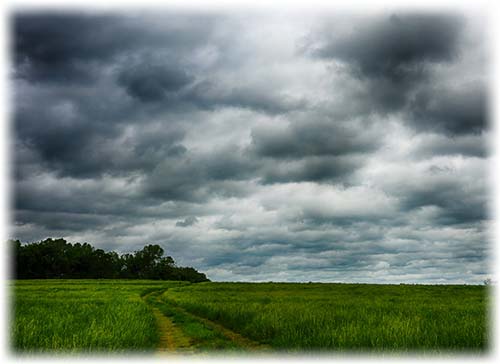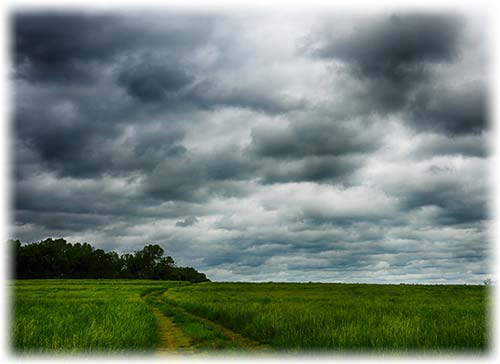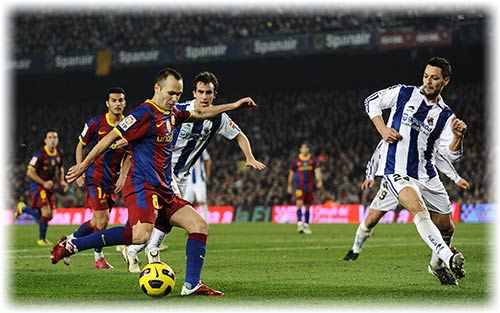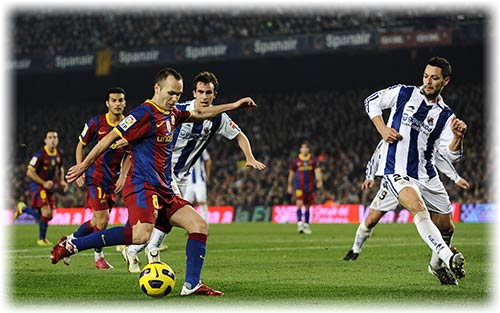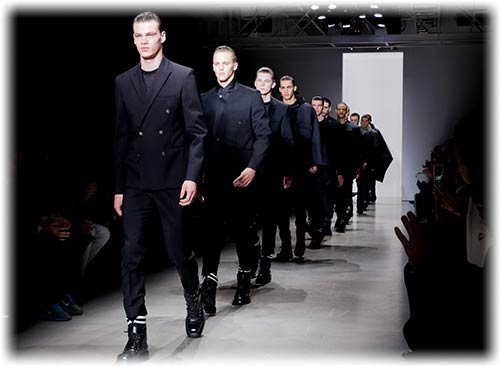Cambridge Advanced Learner's Dictionary - 4th Edition
straight / streɪt / adjective , adverb (NOT CURVING)
A2 continuing in one direction without bending or curving:
a straight line
She's got straight blonde hair.
Skirts this summer are long and straight.
Can't you see it? - it's straight ahead (of you)!
The dog seemed to be coming straight at/for me.
Go straight along this road and turn left at the traffic lights.
See picture hair
straight / streɪt / adjective , adverb (HONEST)
B2 honest:
Just be straight with her and tell her how you feel.
informal Tell me straight, would you rather we didn't go tonight?
→ Compare bent adjective (DISHONEST)
straight out If you tell someone something straight out, you tell them directly and honestly, without trying to make what you are saying more pleasant:
I told her straight out that I didn't love her any more.
straight / streɪt / adverb (IMMEDIATELY)
B1 immediately:
I got home and went straight to bed.
Shall we go straight to the party or stop off at a pub first?
Time is short so I'll get straight to the point (= explain the matter immediately) .
→ See also straightaway
straight away/off B1 mainly UK immediately:
I knew straight away what you were thinking.
We don't need to go straight off - we can stay for a little while.
straight / streɪt / adjective [ before noun ] (CLEAR)
C1 clear or not complicated:
It's a straight choice - either you leave him or you stay.
Let's get this straight - you're travelling to Frankfurt on Monday and Brussels on Tuesday, is that correct?
→ See also straightforward (SIMPLE)
straight / streɪt / adjective (LEVEL)
B2 level and not sloping to either side:
This picture's not straight.
The shelf isn't straight - it sags in the middle.
straight / streɪt / adjective [ after verb ] mainly UK (TIDY)
tidy, or arranged in order:
It only took an hour to get the flat straight after the party.
Have you got a mirror? - I'll just put my hair straight.
straight / streɪt / adjective (PLAIN)
plain and basic, or without anything added:
No tonic for me, please, I like my vodka straight.
Straight pasta is very bland - you need some kind of sauce to make it interesting.
© Cambridge University Press 2013
Cambridge Advanced Learner's Dictionary - 4th Edition
straight / streɪt / adjective [ before noun ] (FOLLOWING EACH OTHER)
following one after another without an interruption:
They're the only team to have won ten straight games this season.
straight / streɪt / adjective informal (TRADITIONAL)
traditional or serious:
disapproving He was a nice enough bloke, but he was so straight - I always felt I had to be on my best behaviour with him.
There's a lot of straight theatre at the festival as well as the newer, more experimental stuff.
straight / streɪt / adjective informal (SEXUAL PREFERENCE)
not gay
straight / streɪt / adjective informal (NO DRUGS)
not using illegal drugs or alcohol:
He's been straight for five months.
straight / streɪt / adjective [ after verb ] informal (NOT OWING MONEY)
neither owing nor owed any money:
You bought the tickets, so if I pay for the taxi, we'll be straight.
© Cambridge University Press 2013

